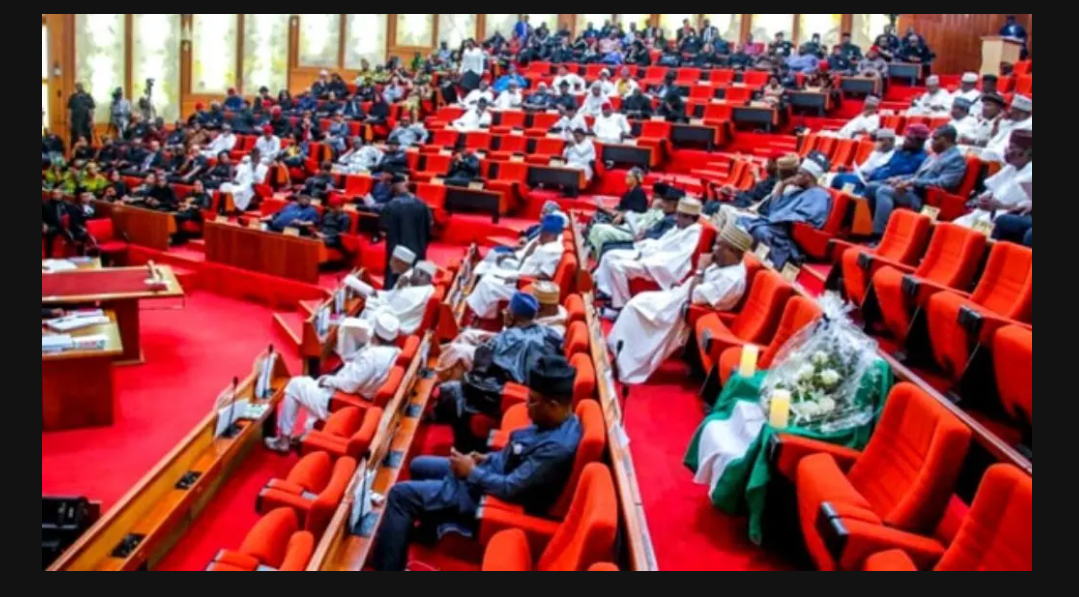News
Nigerian Senate plans to allow diaspora voting and electronic transmission of results
The Nigerian Senate has proposed that from 2027, all election results and results sheets used at collation centres should be electronically transmitted to the headquarters of the Independent National Electoral Commission (INEC) in Abuja before final declaration of the winners of elections.

It also recommended the introduction of diaspora voting to enable Nigerians resident abroad to vote for their preferred candidates during elections back home.
These are contained in the communique issued at the end of the two-day retreat for senators in Ikot Ekpene, Akwa Ibom State, on Saturday.
The retreat was organised by the National Institute for Legislative Studies (NILDS).
It was attended by some members of the executive arm with the Minister of Finance and Coordinating Minister of the Economy, Wale Edun, representing President Bola Ahmed Tinubu.
The Senate said the ambiguity evident in Section 64 of the Electoral Act should be removed to allow for the use of technology in transmitting election results.
“Introduce diaspora voting, at least for presidential elections, to enable citizens to vote, especially those on essential service abroad, such as military, paramilitary, and other security personnel abroad, embassy staff, and other citizens.
“Relating to the use of technology in elections, remove the ambiguity evident in Section 64 of the EA22. Also, make electronic transmission of results mandatory from the next general elections in 2027, including the uploading of polling unit-level results and result sheets used at different levels of result collation,” the communique reads.
Senate’s recommendation for electronic transmission of election results is coming a week after the INEC chairman, Mahmood Yakubu, promised that the results of the off-cycle governorship elections in Kogi, Bayelsa and Imo States would be uploaded on its Results Viewing Portal (IReV).
Ahead of the last general election, the commission had repeatedly promised that it would upload polling station results to iRev. However, it delayed in doing so, a situation it blamed on unforeseen system glitch.
The failure of INEC to upload the results of the 25 February presidential election promptly on its portal formed a major kernel of the petitions filed by the presidential candidates of the PDP and the Labour Party (LP), Atiku Abubakar and Peter Obi, at the Presidential Election Petition Court challenging the victory of President Bola Tinubu of the All Progressives Congress (APC).
Follow us on social media:-

 Celebrity Gossip & Gist1 day ago
Celebrity Gossip & Gist1 day ago“The money wey dem pay me don expire” – Moment Burna Boy stops his performance at the Oando PLC end of the year party (Video)
-

 Economy1 day ago
Economy1 day agoGoods worth millions of naira destroyed as fire guts spare parts market in Ibadan
-

 Celebrity Gossip & Gist7 hours ago
Celebrity Gossip & Gist7 hours agoMoment stage collapses on Odumodublvck during concert performance (Video)
-

 Economy7 hours ago
Economy7 hours agoPresident Tinubu cancels Lagos engagements in honor of food stampede victims




